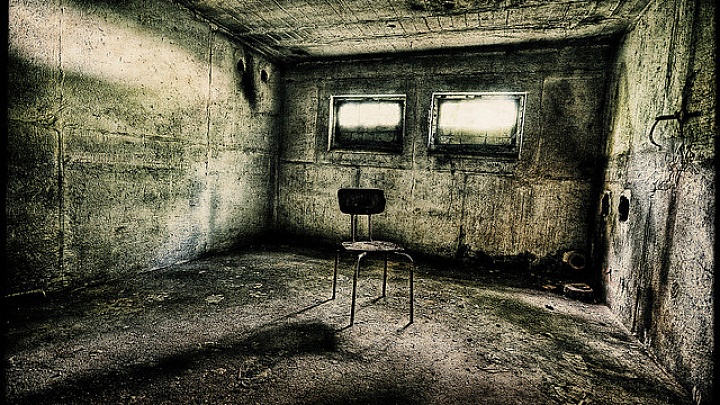
Assume you came to pick up your child from school and found the building locked. A terrorist had hidden a bomb inside and locked the doors with your child inside. You manage to get in. The bomb will go off in 15 minutes—not enough time to search for it or call the police. You have caught the terrorist and tied him up, but he refuses tell you where the bomb is. What do you do?
Ah. There is a deep sink in the kitchen… Time is short and you must decide: Should you dunk him and make him tell you? Which is to be sacrificed, your conscience or your child?
Now let’s change the question: What if the child at risk is not yours? She is a stranger to you. Would you still sully your conscience—not to mention break the law—to save her? You find this harder to answer.
What if ten other children are about to be killed? What about one hundred? What price should others pay for your own insistence on the purity of your ideals, and your conscience? On the other hand, why should you act against your conscience for something that does not affect you and yours? Especially when the law compels you not to act?
Your hypocrisy is necessary for a civilized society. In every society, there’s a need for some “necessary evil” to be performed if society is to survive.
This Socratic dialogue is bound to make you uncomfortable, because chances are you have never had to approach a question of moral choice this way. Focusing on the personal impact of moral decisions may be uncomfortable for those who exhort morality at the expense of others, with no cost to themselves. It is easy to pontificate about hypotheticals: People often exhort others to do one thing, but do another thing entirely when faced with its cost to their own kin. Where would you stand if the costs of inaction were to hit you and yours?
Let’s go to the final version of the question: You are locked inside your child’s school, listening to the infernal tick-tock of the hidden bomb. The terrorist is tied up in the chair besides a sink full of water. But now it is not you who has caught him, but an agent of the U.S. government, working within his capacity as an officer commissioned by a president whom you elected. Luckily the agent does the necessary deed with the sink, finds the bomb and saves your child. However, a month later a major newspaper e
